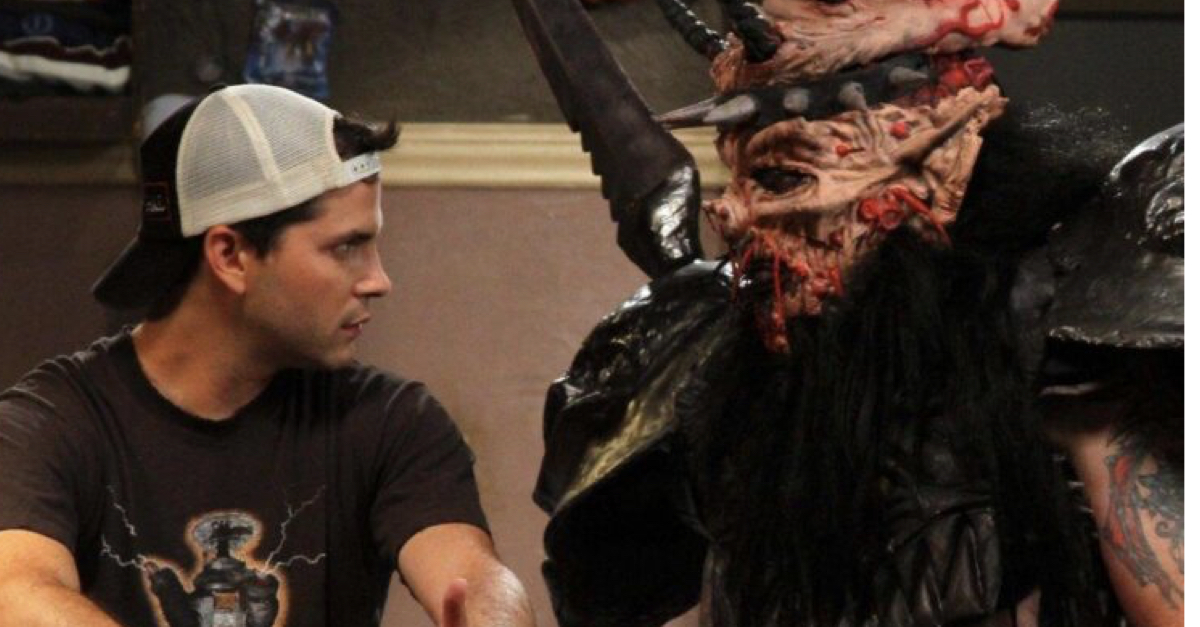
Take notes, future filmmakers!
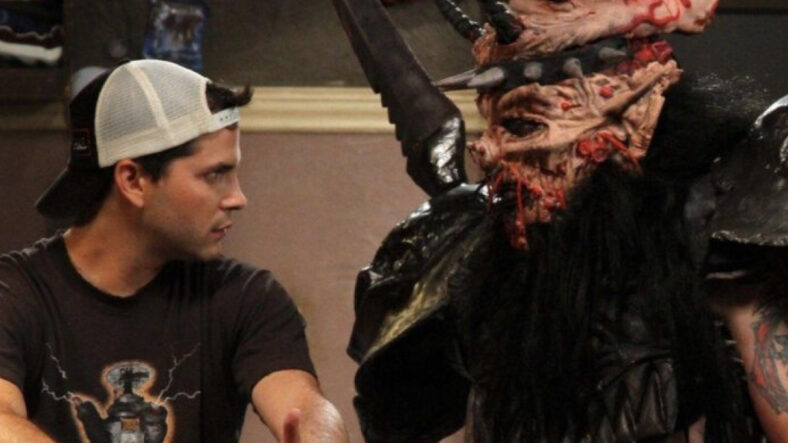
In 2018 I launched my podcast, The Nick Taylor Horror Show, with the mission to inspire and inform a generation of horror filmmakers by collecting tips, actionable advice, and career strategies from some of the latest and greatest directors in horror history. It’s all in an effort to make the idea of filmmaking more accessible for aspiring horror creators.
To celebrate the launch of Season 3, I’ve compiled a list of some of the most impactful lessons I’ve learned from directors ranging from Roger Corman and Mick Garris, to Adam Green, Gigi Saul Guerrero and Ryan Spindell.
I’ve provided the key summaries below, along with links to each interview in case you want to hear the entire conversation. I hope you find these insightful! And if you’re a filmmaker, I hope they help you on your path to horror cinema greatness!
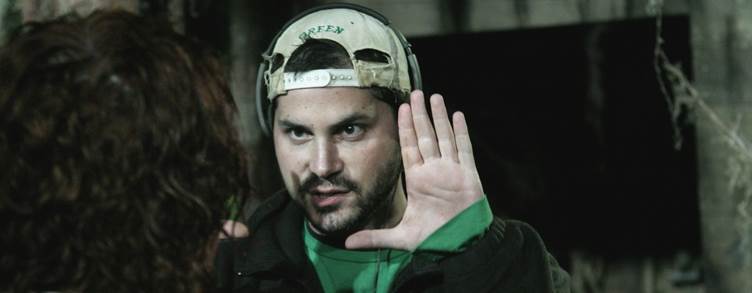
Adam Green: Hatchet, Holliston, Frozen
Adam is a household name in the annals of horror history and a downright awesome human being. His path to directing, like many, was not smooth. In fact, it was downright gut-wrenching at times. Here’s what I learned from talking to him.
Ignorance is bliss.
Throughout the course of Adam’s directorial journey, he knew very little about filmmaking. But he picked it all up as he went forward. Regardless of the fact that he didn’t know what a “feature” or a “reel” was in the beginning, the consistent element of his origin story is that he constantly put one foot in front of the other, built momentum, and learned everything by DOING. This is huge, as a lot of filmmakers feel intimidated and think they either need to go to film school or read dozens of books about filmmaking before getting started. No. The best way to learn is to take consistent action. You don’t have to know everything, but you do need to get moving.
Create your own sandbox.
After learning the hard way, Adam hyper-curates his crews and production circles. He aims to only work with people he knows and trusts or has great chemistry with. As a result, his sets are fun and harmonious, which is a significant help in more difficult productions. Anyone who’s been in the Hollywood system will tell you it’s infested with sharks and a lot of sociopathic personality types. But you shouldn’t be daunted by this; instead, be vigilant about who you work with. Toxic personalities not only harm morale, but they can actually sabotage your movie. Yes, that happens. Multiple directors have mentioned it, and it’s very insidious but true.
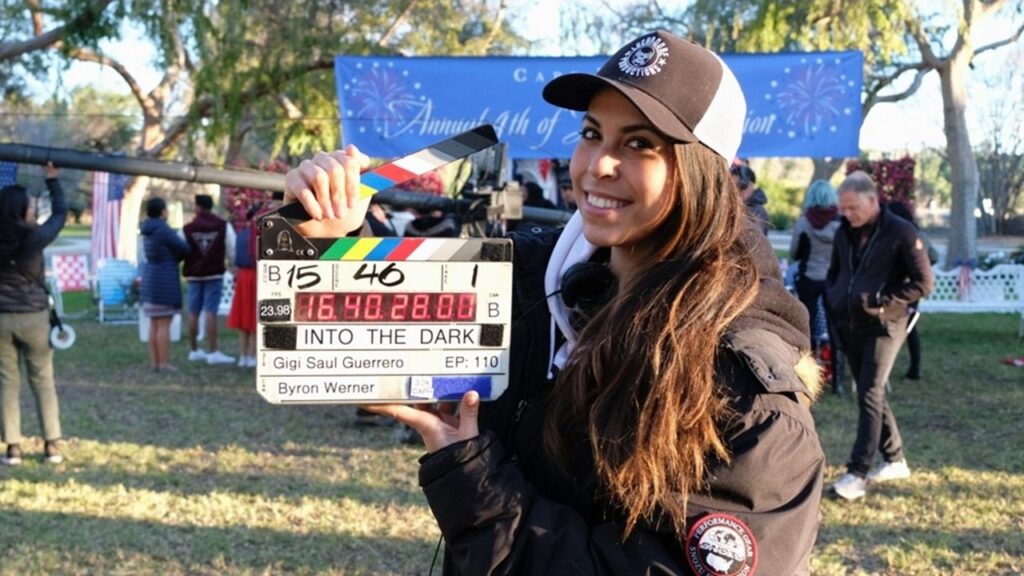
Gigi Saul Guerrero: Culture Shock, Bingo Hell, The Purge (TV Series)
Before becoming a Blumhouse darling, Gigi started her career making shorts including the Mexican wrestler gorefest, Luchagore (now on Shudder) before making her feature debut with Culture Shock. Her shorts ultimately acted as a calling card for Gigi, leading her to bigger opportunities. Here’s what I learned from her.
Salute your shorts.
Gigi has done 18 shorts, claiming that they are the best way to learn the craft of filmmaking fast.
As simple as it may seem, each short incrementally gets you more familiar with filmmaking and it does so on a condensed timeline. Furthermore, shorts are also a way for first-time directors to purge their mistakes and amateur habits in a low-risk environment, which is important, too. Doing shorts also offers you the opportunity to build relationships with a crew that you can move onto bigger projects with, as is the case with Gigi.
Go with your gut.
Gigi made the jump from film to TV with The Purge TV series,and quickly learned that TV was a different production beast. TV sets are notoriously grueling production experiences because of their breakneck pace and relentless shooting schedules. But a lot of producers and directors who have worked on TV sets credit the experience with giving them a fast-acting production rhythm. This enables them to have more trust in their own intuition. There’s no room for second-guessing anything on such a timeline. Gigi’s work on The Purge taught her just this. She credits it as a valuable experience because it taught her to trust her intuition.
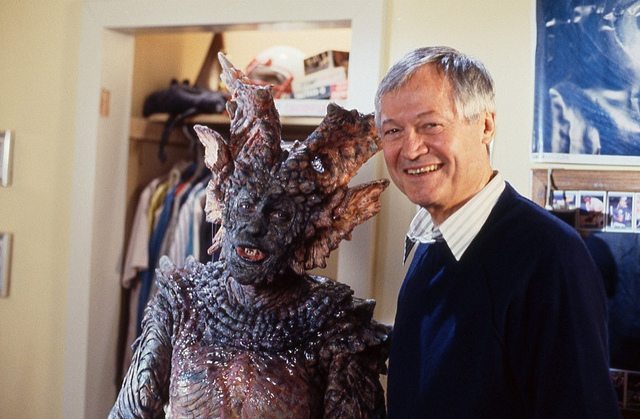
Roger Corman, Little Shop of Horrors, The Pit & The Pendulum, The Raven
Dubbed as the “King of the B’s” by many, Roger has produced over 100 movies in the horror and exploitation genres. In fact, he’s still working to this day at the age of 95.
Roger not only produced an extensive and fundamental body of work but he birthed some of the most notable names in Hollywood. James Cameron, Gale Anne Hurd, Martin Scorsese, Jack Nicholson, Francis Ford Coppola, Robert Deniro, Ron Howard, Joe Dante and Jonathan Demme are a few of the many people who graduated from the Corman school of production and went on to be some of the brightest names in Hollywood.
This was no accident, as being mentored by Roger Corman was a fast track to success. The unprecedented amounts of responsibility and autonomy that he gave to his directors and crew members was a magic combination. It empowered and educated many of Hollywood’s biggest success stories. He demanded a lot from his people. But because of it, they learned more than they ever would have elsewhere, while still being able to develop their individual artistic voices. Here are some things I learned from this living legend.
Be a director, not a dictator.
Roger demanded a lot from his cast and crew. But to this day, nearly everyone who’s ever worked for him idolizes him. The key to maintaining high morale and motivating your crew through challenging productions is to treat everybody as an equal. Be a strong leader, but observe the fine line between leader and dictator. The latter can lower morale, de-motivate your crew, and ultimately harm your movie.
Disaster-proof your production through planning.
Roger was known to extensively study the climate patterns of every location he shot on to prepare for the worst weather conditions. He insisted that directors plan everything to a T and anticipate every disaster that could possibly take place. He also required that his directors be flexible enough to abandon the plan at a moment’s notice and improvise as needed. This is conveyed in the Eisenhower quote: “In preparing for battle I have always found that plans are useless, but planning is indispensable.” The sheer act of extensively planning every detail of your production will prime your mind for problem-solving so that if something does go wrong on set, you’ll be sharp enough to think on your feet and find a solution.
Don’t fake a high budget–tailor your script to fit the budget.
Roger is called the King of the B’s for a reason. He was able to maximize production value on nearly every film he worked on. That’s why his movies always made money. It’s common in horror to see movies fight against their own budget with overblown stories, cheap sets and costumes, etc. This gives films a delusion of grandeur that can undermine the story and cause audiences to take them less seriously. Instead, taking the opposite approach and tailoring the script and production around the budget is a major opportunity to showcase resourcefulness and storytelling ability (which are critical, especially for your first film). Part of doing this is structuring the production around what you have immediate access to. In Roger’s case, he would frequently build a set for one movie, and then write a second movie that could be shot on the same set.
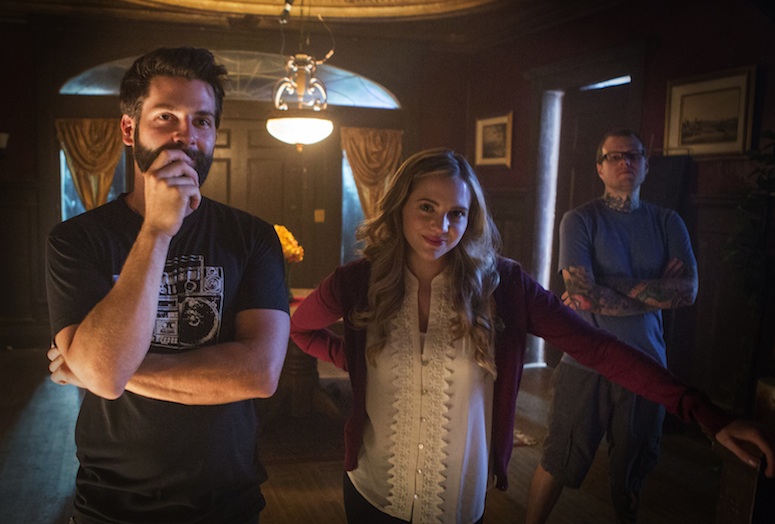
Ryan Spindell: The Mortuary Collection
Ryan recently made his feature debut with the fantastic horror anthology, The Mortuary Collection, now streaming on Shudder. Getting his low-budget feature debut off the ground was a 7-year journey, but one that led to greatness. Here’s what I learned from talking to Ryan.
It never hurts to ask.
The Mortuary Collection had some pretty great centerpiece practical effects which were done by Studio ADI, a legendary effects company that does hundred-million-dollar movies like Jurassic World, IT, The Predator, and other enormous blockbusters. They were clearly well outside of Ryan’s budget. But he cold emailed them and in the end, they agreed to do effects on his movie. Many movies, particularly low-budget ones, come together because of a bunch of mini-miracles like this one.
To get someone out of your league to do your movie, they have to be passionate about your project, and they have to see your passion for it. A lot of people in Hollywood, particularly established players, are tired of working within the studio system and hunger for something new, fun, and different that reminds them why they got into the business in the first place. If your project can give them this opportunity, you might have a shot at getting someone on board who can boost the quality of your project by a quantum leap. So aim for the fences and make those big, unreasonable pie-in-the-sky requests. The worst people can do is say “No,” but the best that can happen is they say “Yes.”
You need an asset.
Getting The Mortuary Collection made was a very long road. One of the keys that opened doors to Ryan was the short that he shot, The Babysitter Murders. Ryan Kickstarted the short which acted as a critical asset for him when he was pitching his movie. It was a tangible sample of what the rest of the movie would look and feel like. If you pitch your movie to people by sending them a script, there’s a good chance they won’t read it. But when you have something that somebody can watch that demonstrates your voice, your vision, and your ability to execute, it can open doors for you.
Don’t listen to the masses.
When Ryan first set out to make The Mortuary Collection he was told by his reps that nobody likes anthology movies, they don’t make money, and that he should abandon the project. While it’s important to consider the marketability of your movie, most of this thinking is short-sighted. Horror anthologies are making a huge comeback. There was even an article in The New York Times about how it’s a heyday for horror anthologies. Had Ryan listened to the naysayers, he’d have missed out on this golden opportunity and we would have been cheated out of The Mortuary Collection. So let the haters hate, and make your movie anyway.
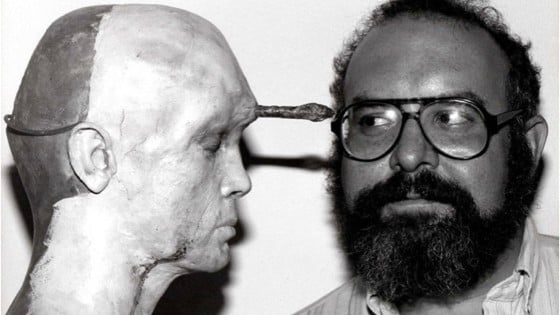
Stuart Gordon: Re-Animator, From Beyond, Dagon, Dolls, Castle Freak
Stuart’s work defied convention and was beyond subversive. He didn’t just push boundaries; he bulldozed through them and created some of the most memorable horror movies we’ve ever seen. We unfortunately lost him in 2020. But I was lucky enough to conduct one of the last interviews ever with him. Here’s what I learned from Stuart.
Create art that scares you.
Stuart says that if you’re a little scared by something you’re working on, it’s your duty as an artist to put it out into the world. Stuart’s entire slate of movies is extremely subversive and, at times, downright perverse. A re-animated severed head going down on a woman is, without a doubt, one of the most iconic moments in cinema history. But it never would have happened had Stuart censored himself. In fact, when they brought Re-Animator to the MPAA, the film was given an X-Rating! Rather than editing the movie, Stuart decided to release the movie to theaters un-rated. That was a very ballsy move back in the day. But it paid off in spades because the movie is an indelible classic.
Rehearse, rehearse, rehearse.
Because of his theater background, Stuart would rehearse Re-Animator from beginning to end like it was a play, which his cast of primarily theater actors actually enjoyed. As a result, the performances were great and the movie hit every beat it set out to. When you anchor a bonkers movie like Re-Animator with believable performances from actors who take the concepts seriously, it’s a golden combination. Good performances can help your movie avoid camp, so cast wisely, rehearse, and consider theater actors.
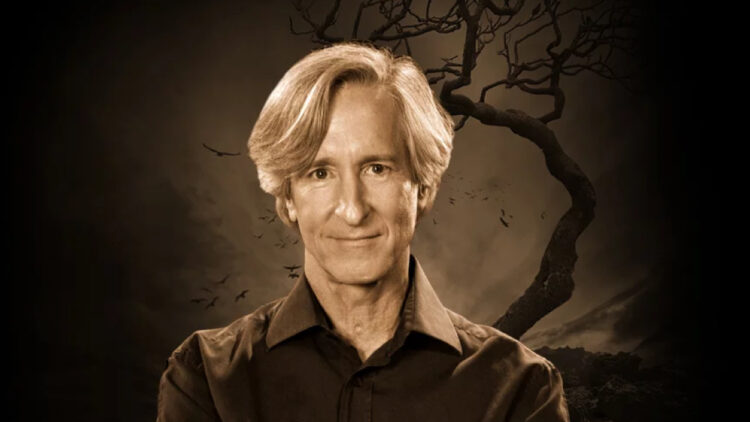
Mick Garris: Nightmare Cinema, Critters 2, Hocus Pocus
Mick is one of the most prominent names in horror history; a prolific writer, prolific director, and a prolific human being in every sense of the word. Having worked in horror for so many decades, Mick is a geyser of knowledge. Here’s what I learned from him.
Don’t focus on networking; focus on being a good friend.
Mick’s circle of friends has consisted of people like Tobe Hooper, Stephen King, George Romero, Wes Craven, Guillermo Del Toro, John Carpenter… The list goes on. Imagine how much they shaped him as an artist, and imagine how much he helped shape all of them. Your immediate circle of friends can be a huge part of your success story, mostly because of the inspirational value they can bring you. Organize dinners or Zoom calls with people who inspire you. You are the sum total of the five people you spend the greatest amount of time with–so choose wisely.
Ego is the enemy.
Mick is adored in the industry and always has been. It’s because he’s not only a sweet and wonderful human being, he’s also a great collaborator. Being collaborative is a big element of Mick’s success as a director, writer and producer. There is no more communal job than filmmaking. While it’s important to fight for your vision, always be open to the fact that some of the best ideas can come from outside of yourself. We all know those talented directors that fall off the map despite their movies being great; it’s most likely because they were difficult to work with. Being the kind of person who is a joy to work with is arguably more important than talent.
Keep calm and write on.
A lot of aspiring screenwriters refuse to risk spending months on a spec script because there’s always a chance it won’t get made. In Mick’s experience, whether or not it gets made is not the point. A producer may still read it, take note of your style, dialogue, or storytelling ability, and contact you for something else later on. Because of this, it’s important to approach everything you write or create as a potential calling card and potential stepping stone. Don’t skimp on quality because it’s “just a spec script.” Spec scripts matter.
The other thing about writing on spec, is that when you do, the script is entirely yours. Mick has written a ton of projects, a lot of which have gotten made. But many of them haven’t gotten made. In Mick’s experience, pitching a fully developed script, as opposed to just a concept or treatment, enables you to have way more control over the project. When you pitch a concept, producers are likely to assign multiple writers, other producers and many others who will want to weigh in and leave their mark on your project–this quickly causes “film by committee,” which no director wants.
Last, and possibly the most important thing about writing spec scripts, is this: it enables you to work on your craft. The more scripts you write, the better your writing gets and the more likely you’ll be to eventually sell a script.
Thanks for reading! If you want more horror director origin stories and filmmaking tips, don’t forget to check out The Nick Taylor Horror Show podcast, for full-length interviews with the latest and greatest horror directors about everything from their creative processes and career strategies to film financing, and much much more! Available on Spotify, Apple Podcasts, Google Podcasts and everywhere you listen.
Tags: Horror Directing Horror Filmmaking
Categorized: Editorials News







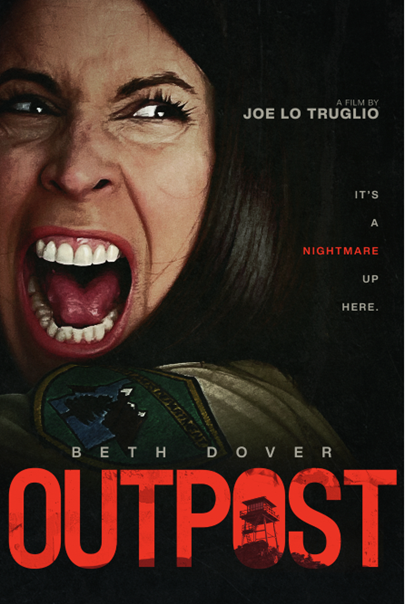












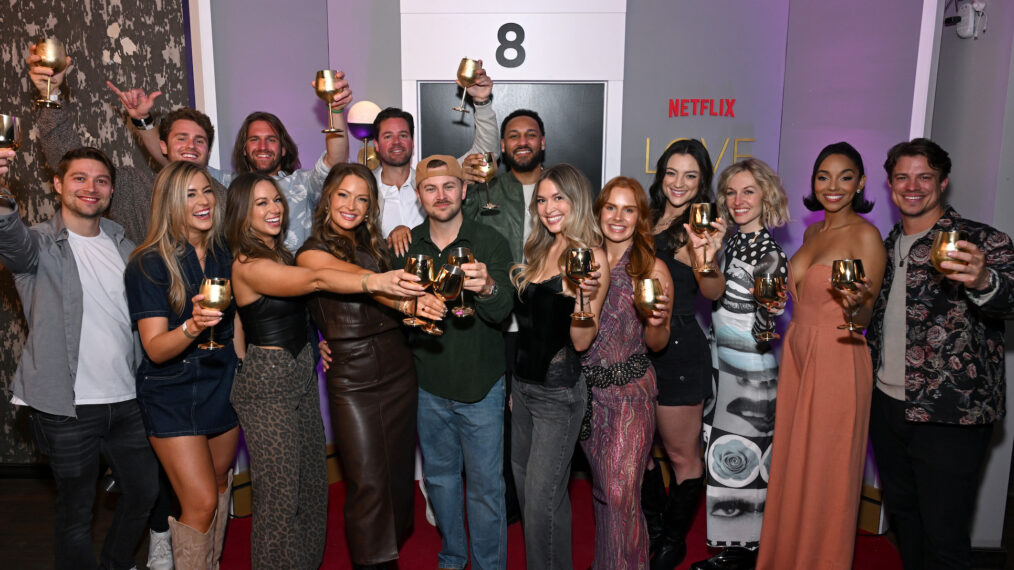






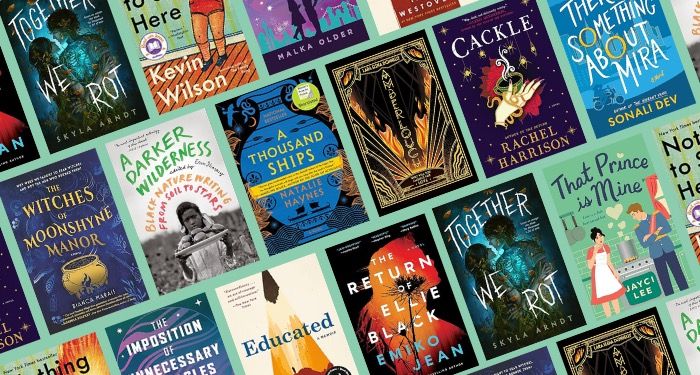
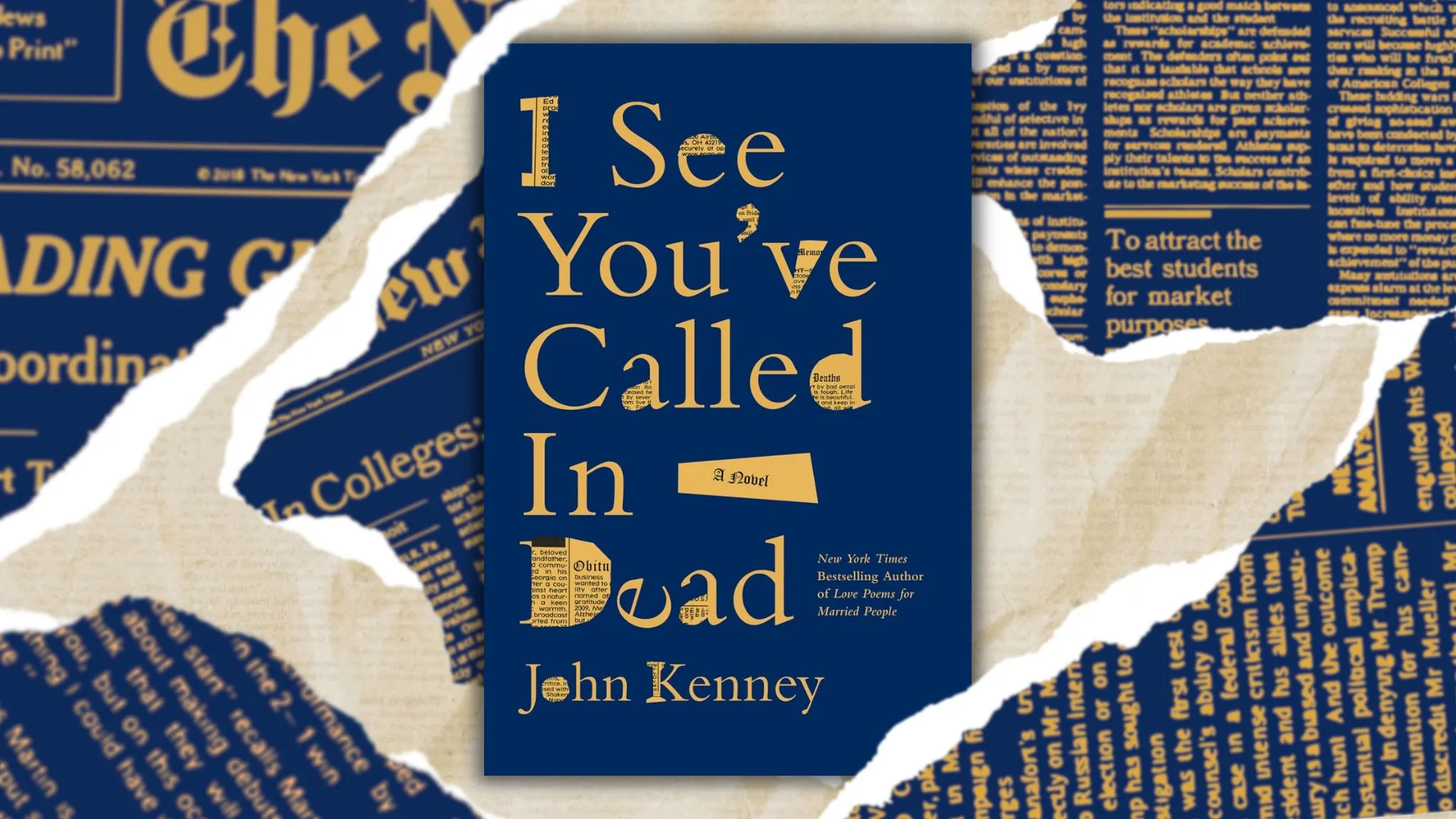
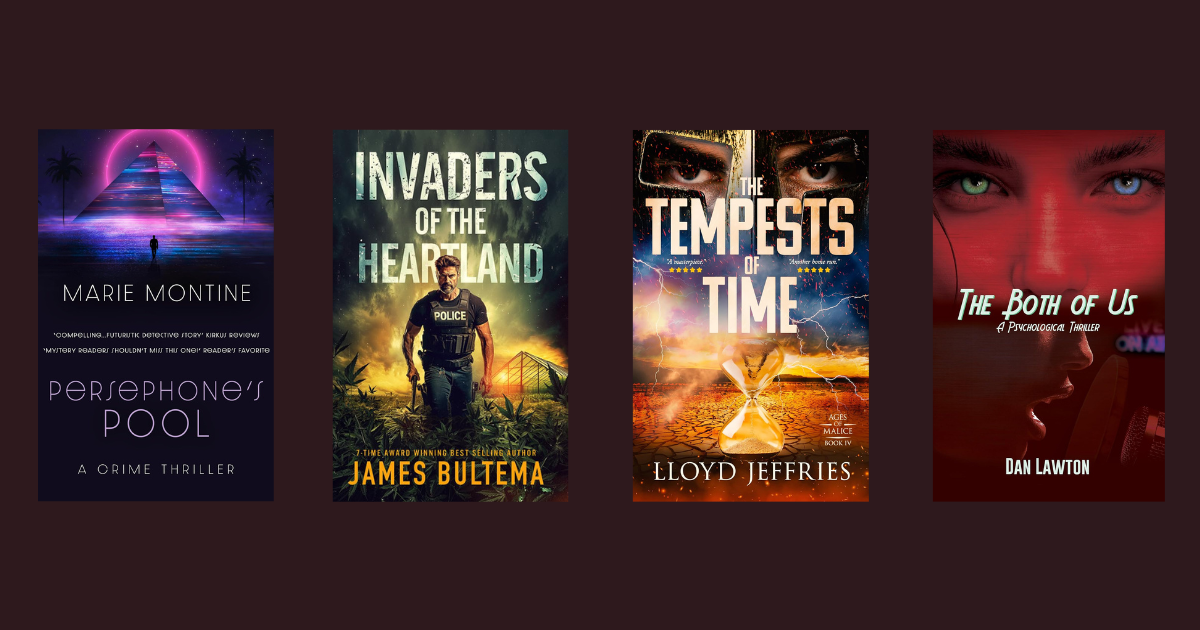
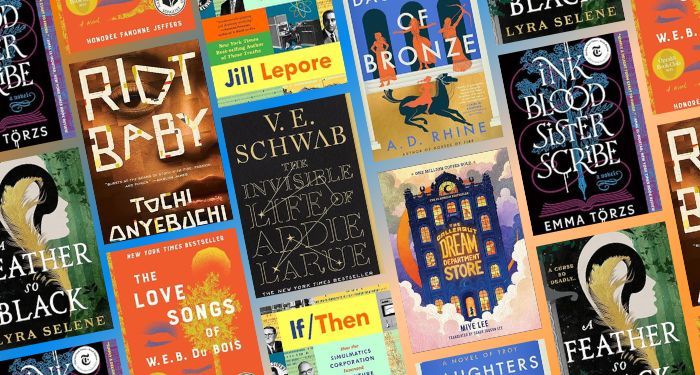

:quality(85):upscale()/2025/05/06/835/n/1922564/8e601b95681a5cf04194c6.14070357_.png)

:quality(85):upscale()/2025/05/05/100/n/1922564/33582ae7681964cb0d40c8.72464171_.png)
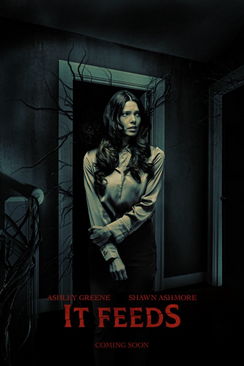
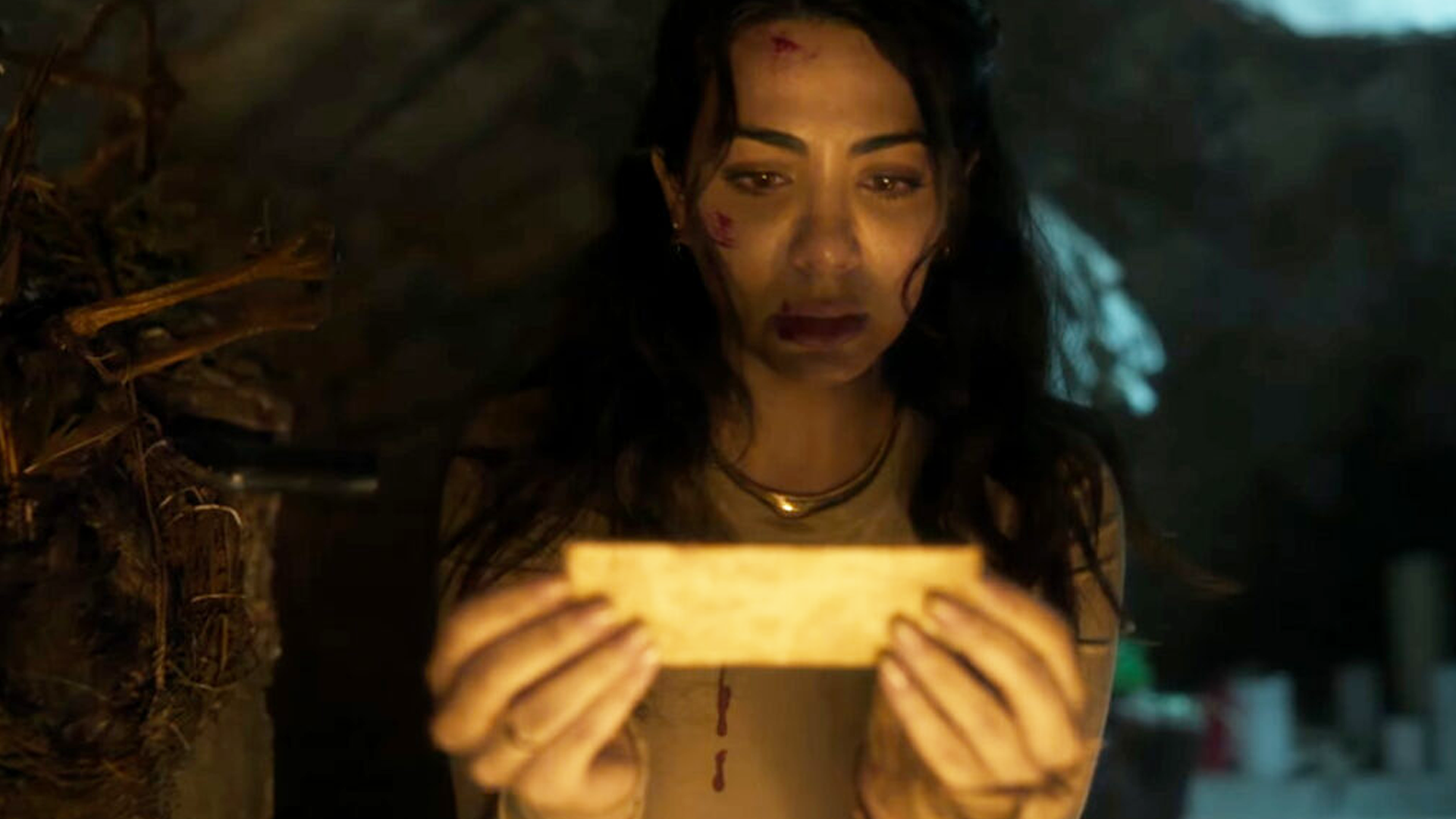

![ABYSMAL RITES – “Restoring The Primordial Order” [Heavy Sludge] ABYSMAL RITES – “Restoring The Primordial Order” [Heavy Sludge]](https://horrornews.net/wp-content/uploads/2025/04/WHD581-600x330.jpg)